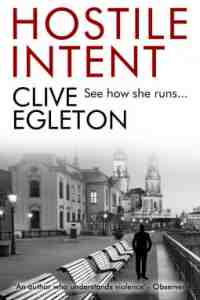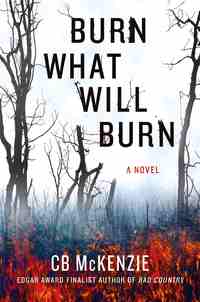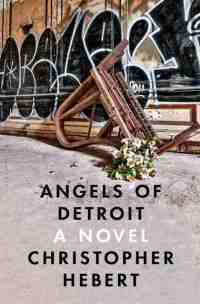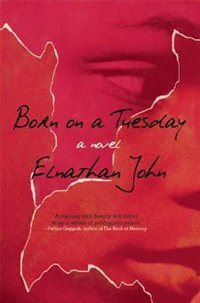Too Like the Lightning by Ada Palmer
 Monday, June 27, 2016 at 8:36AM
Monday, June 27, 2016 at 8:36AM 
Published by Tor Books on May 10, 2016
Only at the end of this relatively long book did I discover that the story extends to a second book. I suspect that after reading the second one, I will conclude that the entire story could have been told in a much tightened single volume. But I will read the next one because there is so much in this one to admire, despite the novel’s meandering nature.
Set a few hundred years in the future, the story in Too Like the Lightning is narrated by Mycroft Canner, a man who is notorious for reasons that are not made clear until after the novel’s midway point. The book is presented as a work of history. The history that Canner explains is strikingly imaginative. In a genre that is too often filled with derivative works that don’t even try to place a fresh spin on old themes, Too Like the Lightning stands out.
Following a catastrophe that had something to do with religious conflict, the Earth’s people have chosen to organize themselves by shared philosophies rather than national boundaries. Individuals belong to one of seven hives (Humanists, Utopians, Masons, etc.) or they are Hiveless. For the most part, hives determine their own laws. Only a few basic laws apply to the Hiveless. Within a hive, people are grouped by membership in a chosen family known as a bash’; bash’mates may or may not be related by blood.
In this politically correct future, people use gender-neutral pronouns and the practice of proselytizing religion has been banned. To preclude the development of cults, the law forbids groups of more than two from having an unchaperoned theological discussion. The chaperone is a Sensayer who, without proselytizing, helps people find their own answers.
Carlyle Foster is a Sensayer who has been assigned to the Saneer-Weeksbooth bash’. One bash’ member, a kid named Bridger, apparently works miracles. Carlyle isn’t permitted to express personal opinions about miracles, but he privately regards Bridger’s power as both revealing and disturbing. Bridger is an innocent kid with a sweet nature, but he’s in danger for surprising reasons that Mycroft Canner reveals quite slowly as he narrates the story.
When it isn’t following Bridger, the plot focuses on the theft of a seven-ten list, an annual ranking of the world’s most powerful or influential people. This sounds like something that should be in People magazine but the lists are taken quite seriously.
A subplot (not fully developed here but perhaps that will come later) involves the status of set-sets. A set-set grows up wired to a computer, swimming in raw data, optimized and trained for a particular purpose, like keeping automated cars from crashing.
Another plot thread reveals a key theme -- whether people can change. Mycroft Canner, once the embodiment of evil, claims to have changed. Bridger believes him, but Bridger has good reason to believe in miracles. Carlyle doesn’t believe in the miracle of change, at least as applied to Mycroft Canner. Again, the reader must suspend judgment as the story twists its way to an answer that, unfortunately, this volume does not fully reveal.
A second key theme -- although it does not develop until late in the novel -- is an old philosophical question concerning the utility of murder. Is it acceptable to kill one person to save ten? And if so, who should be entitled to make that judgment?
Keeping track of all the characters and the complexities of the world that Ada Palmer built is challenging. I attribute my struggle to concentration lapses rather than any fault of the writing, which is consistently strong. Some of it is quite amusing, including a reimagining of Marquis de Sade’s pornographic blend of religion and sex.
The complex plot of Too Like the Lightning is less compelling than the novel’s intricate background. The plot too often seems directionless, or maybe the entire novel is just too ambitious. There’s so much going on that the plot does not come into focus until near the novel’s end. That’s a fault that I suspect could have been cured by writing a tighter single novel rather than an extended story spread over two volumes, although the political and cultural detail that animates this inventive future certainly justifies a long book.
The ending, like the story’s background, is intriguing. One of the novel’s key revelations comes right at the end -- not exactly a cliffhanger, but something to ponder as a key to unlocking the conspiratorial plot. Combined with high quality prose, those features of this sometimes bewildering novel whetted my interest in reading the next one.
RECOMMENDED
 TChris |
TChris |  Post a Comment |
Post a Comment |  Ada Palmer in
Ada Palmer in  Science Fiction
Science Fiction 


